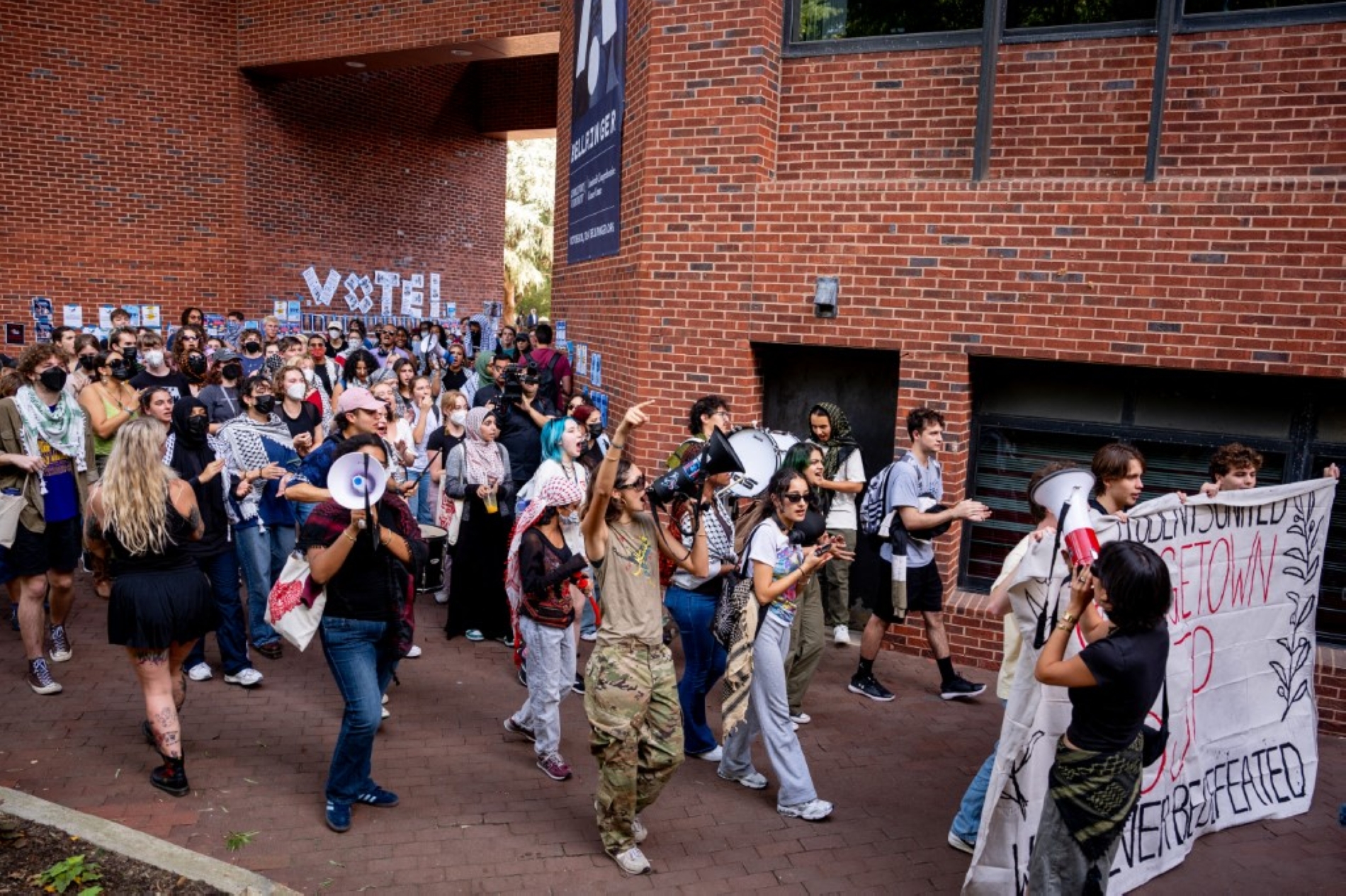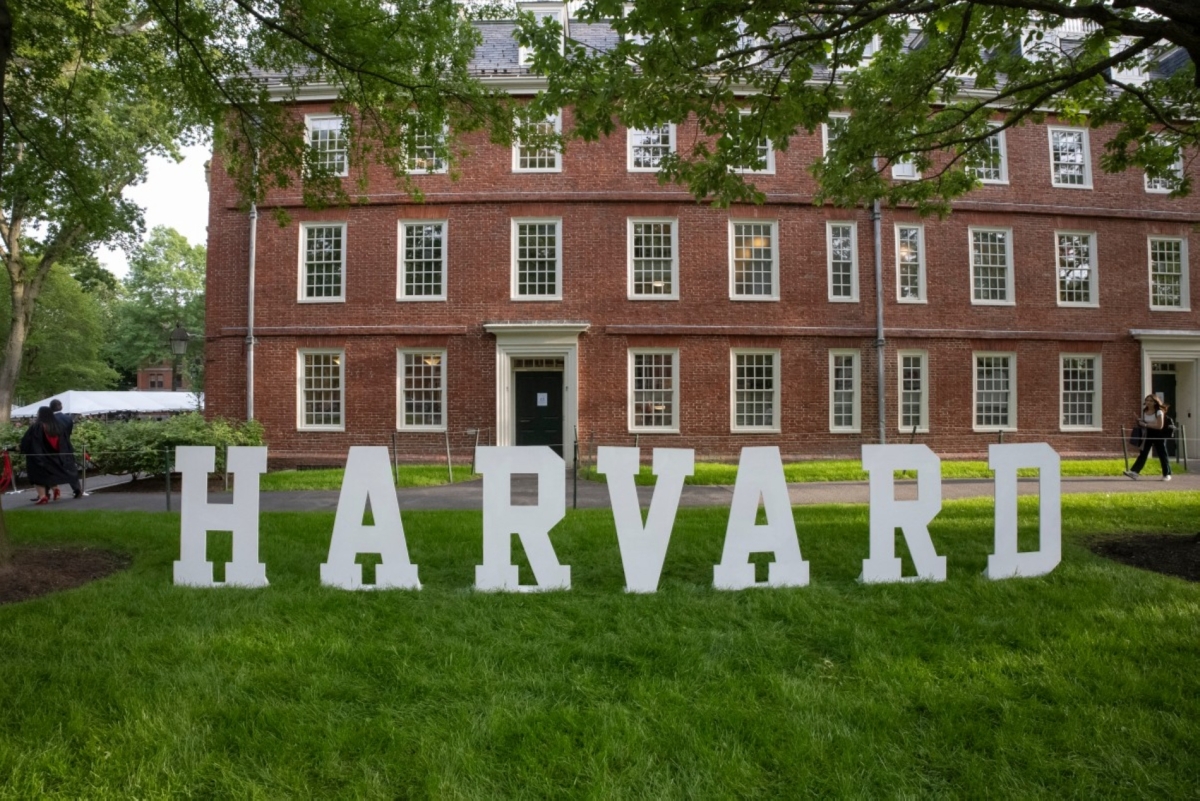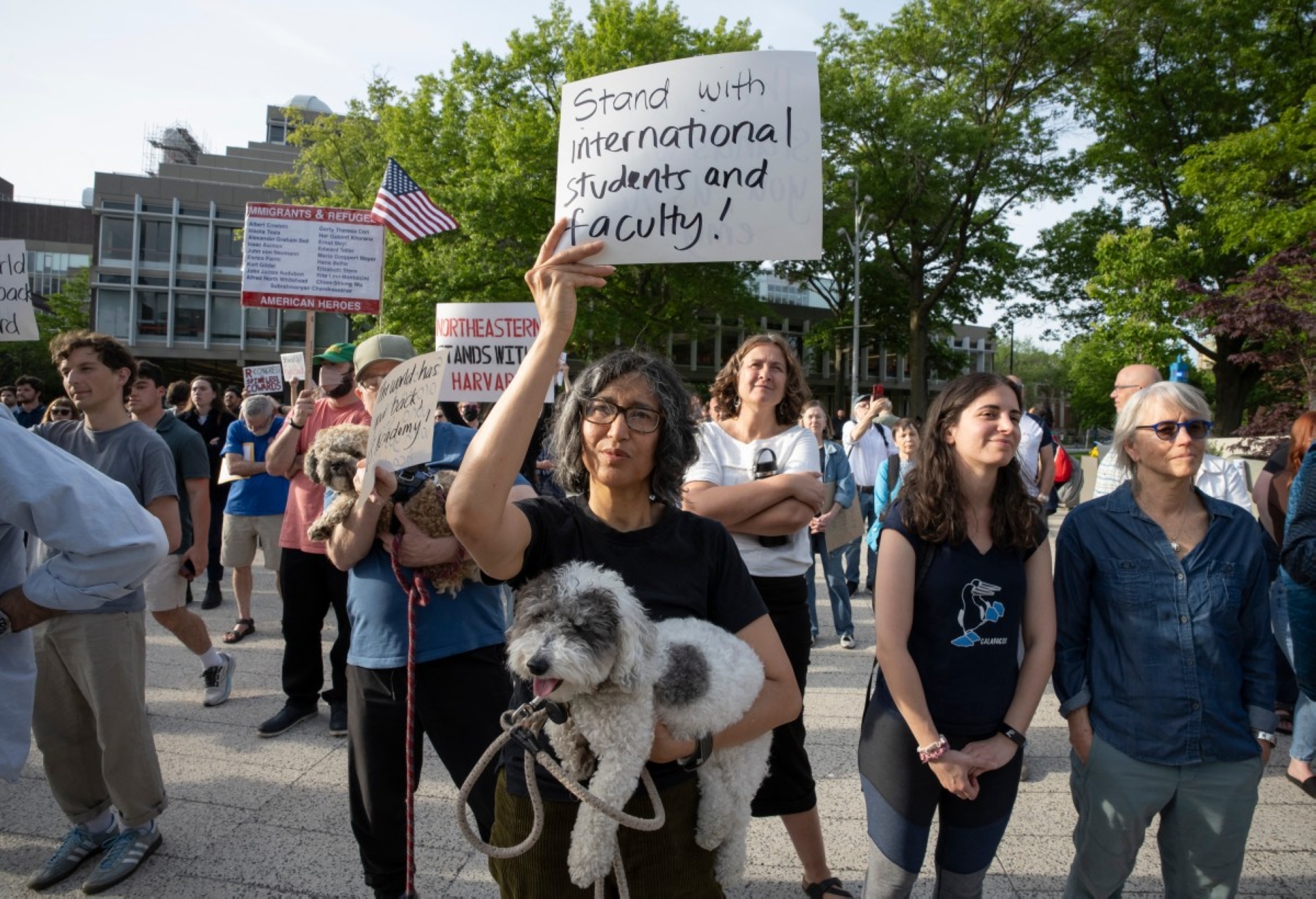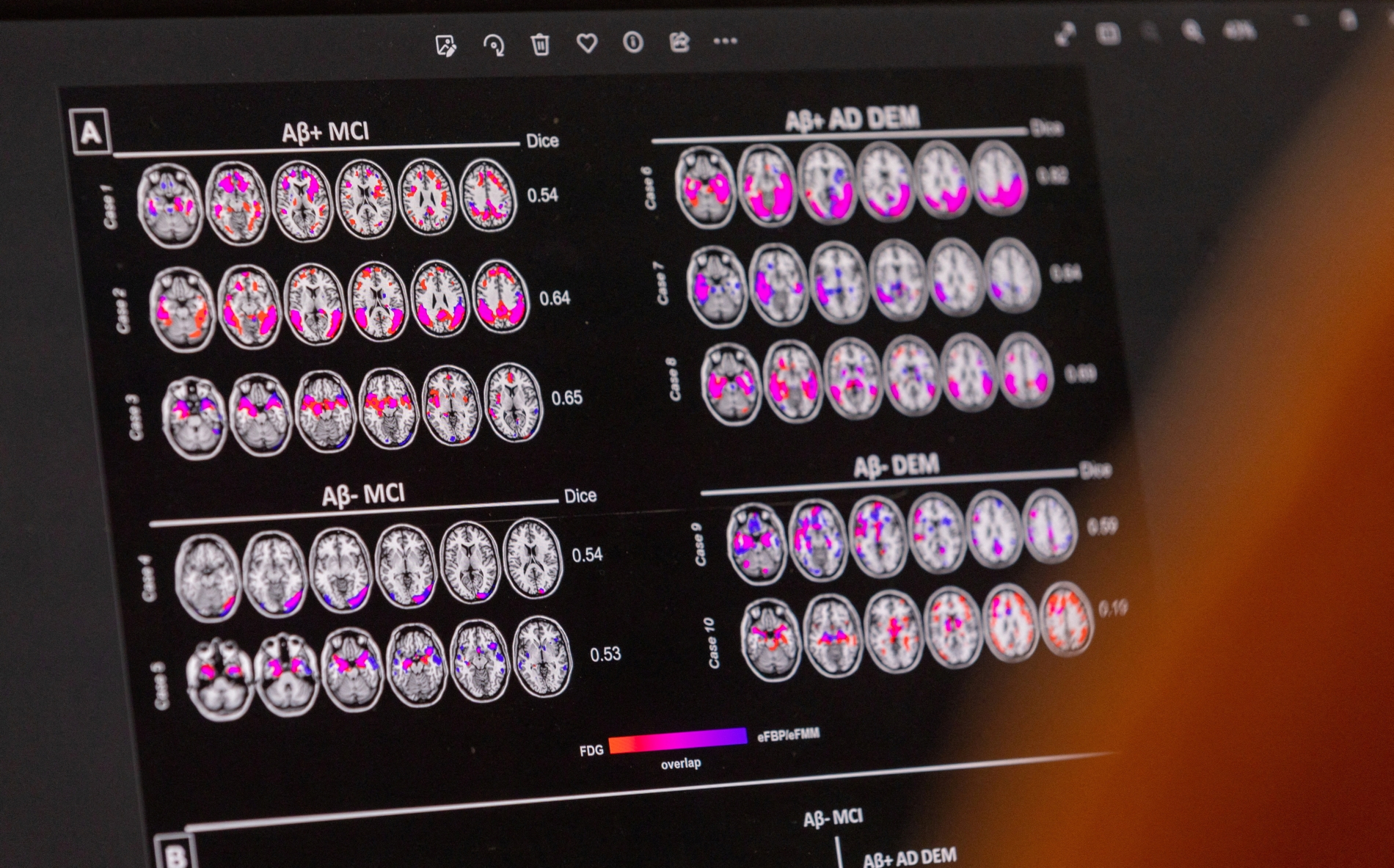US President Donald Trump’s battle with American universities stepped up a gear in early July when the president of the University of Virgina resigned. James Ryan, an advocate of increased diversity at the University, was pressed by Trump allies on the university board who felt that programmes for diversity, equity and inclusion (DEI) had not been fully dismantled—a core White House policy.
Ryan’s departure is part of a wider Trump administration campaign targeting some of America’s most prestigious universities. Yet while Trump supporters have no problem taking their identity wars fight to the centres of liberal thought and activism, both the US economy and its global standing risks being damaged as a result.
A month before Ryan’s resignation, Trump clashed yet again with Harvard University, threatening to withhold $3bn of research funding and instructing federal agencies to review over $100mn in government contracts awarded to the university. An earlier $3bn research funding freeze had already taken effect, as had an order suspending Harvard’s ability to enrol international students (later overturned in court).
The Gaza fig-leaf
Harvard is the most prestigious institution being targeted, but it is far from unique. The BBC’s Anthony Zurcher reports that Princeton and the University of Pennsylvania have had hundreds of millions of dollars’ worth of research grants suspended by the administration, while 52 universities are being investigated for race-based programmes, which are now illegal.
The administration justifies its actions by citing a lack of conservatives in faculties, the admission of excessive numbers of Chinese students and, above all, a failure to address antisemitism on campus following the outbreak of the Gaza war. Prior to his election win, Trump accused universities with pro-Palestinian student protests of engaging in “antisemitic propaganda” and promised to cut off their federal funding.

Since returning to office in January, he has been good to his word, forcing some universities (such as Columbia) to accept draconian conditions. Others, such as Harvard, have resisted, insisting on the right to academic freedom and challenging Trump in the courts, arguing that the antisemitism accusations are cover for a wider goal of weakening Trump’s liberal opponents.
Ideological motives
America’s universities are widely seen as bastions of liberalism, with recent graduates aligning far more with the Democrats than Trump’s Republicans. Pushing them to teach more conservative curricula or, failing that, weakening them in general, is a popular policy among Trump’s Make America Great Again (MAGA) base. Others see a more sinister agenda, believing that Trump’s ambitions are ultimately more authoritarian.













